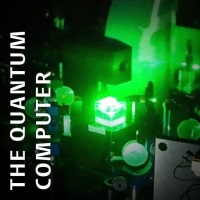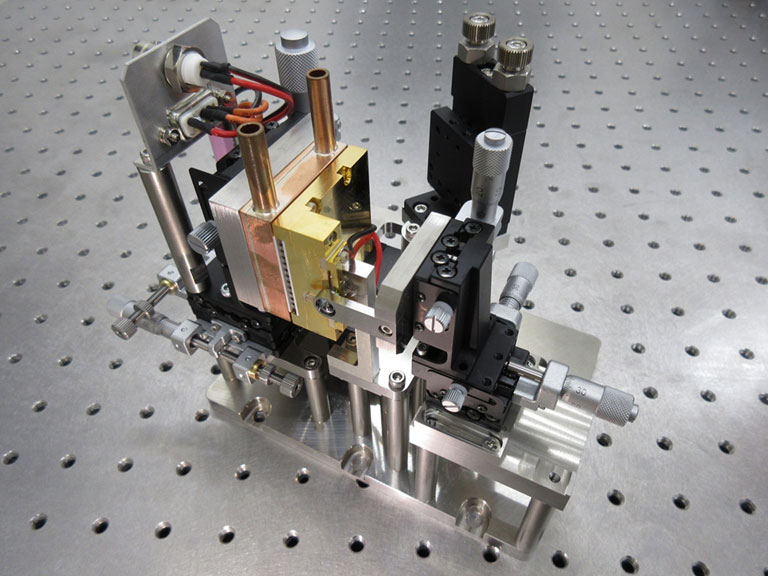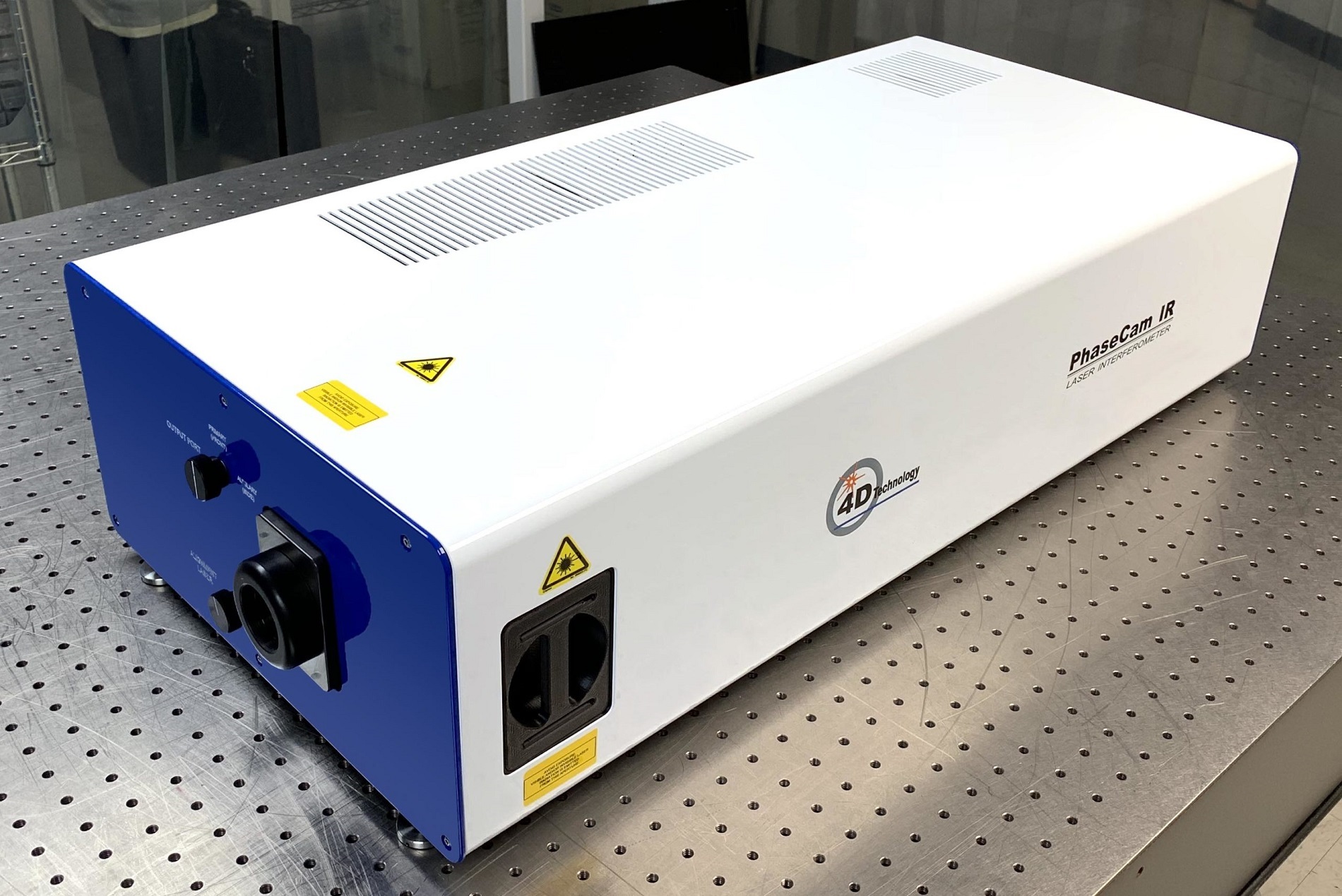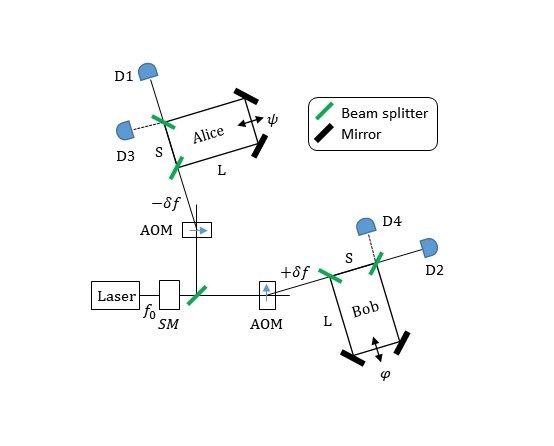27-07-2015
The worldwide race to the quantum computer is in full swing. This computer can bring about a breakthrough in discovering medicines and new materials. Leiden researchers, together with the TU Delft, are taking part in the race. There is now a dossier online about their work.
Mathematical barrier of the conventional computer
The computer as we now know it is running up against an insurmountable mathematical barrier. A well-known example of such a barrier is the task of determining the shortest distance between cities. With twenty cities, a conventional computer can navigate all possible routes, but each additional city multiplies the number of routes. Increase that number to just one hundred cities, and it would take centuries to find the shortest route.
The magic of the quantum computer
A quantum computer finds the shortest route not by determining the length of all the routes, but rather by comparing all of them in one go, after which the shortest route pops out almost immediately. It may sound like magic, but it has been proven to be theoretically possible. The same is true for many scientific calculations: we know how they should be carried out, but the number of possibilities soon exceeds the capacity of a conventional computer. Once that barrier is removed, we will be able to compute what molecule would be the perfect medication for a given illness. Or what substance continues to be superconducting at room temperature, which would have a tremendous impact on our energy supply. In many cases we would also be able to substitute very expensive experiments with much cheaper and practically perfect quantum computer simulations.
Majorana particle as building block
Leiden physicists discovered how you can use the Marjorana particle as a building block for this quantum computer. Together with research groups in Delft they are hoping to build the first quantum computer. This isn’t just a pipe dream. If scientists manage to build the quantum computer, it won’t be a rival for the PC or tablet. Theoretical physicist Carlo Beenakker: ‘It will be an enormous machine, as large as a gymnasium, and it will cost a couple of billion euros. But that’s not a problem. It costs that much to build a microprocessor factory, too, and those still get built.’
Qubits and the quantum internet
There is now a research dossier online about this fascinating quantum world. The dossier discusses the research on the mysterious qubit, that will form the basis of the computer’s calculations. It also looks at the quantum internet, that will make it possible to send messages with complete security.
Read more















